
Writing With a Broken Tusk
Writing With a Broken Tusk began in 2006 as a blog about overlapping geographies, personal and real-world, and writing books for children. The blog name refers to the mythical pact made between the poet Vyaasa and the Hindu elephant headed god Ganesha who was his scribe during the composition of the Mahabharata. It also refers to my second published book, edited by the generous and brilliant Diantha Thorpe of Linnet Books/The Shoe String Press, published in 1996, acquired and republished by August House and still miraculously in print.
Since March, writer and former student Jen Breach has helped me manage guest posts and Process Talk pieces on this blog. They have lined up and conducted author/illustrator interviews and invited and coordinated guest posts. That support has helped me get through weeks when I’ve been in edit-copyedit-proofing mode, and it’s also introduced me to writers and books I might not have found otherwise. Our overlapping interests have led to posts for which I might not have had the time or attention-span. It’s the beauty of shared circles.


“Most Illustrious Lord…” Da Vinci in the Self-Promotion Department
I don’t like promotion. It doesn’t come easily to me and yet, it’s a necessary part of the work a writer has to do..
For some years, on my book shelf, I’ve had a slender volume titled Lives of Leonardo da Vinci. It’s a compilation of contemporary biographies, letters and eyewitness accounts.

Board Books for Toddlers—and Grownups Too
I had the great and joyful privilege of spending ten days earlier this year with my little granddaughter, who was not yet two at the time. She has figured out how a book works.
You open it up. You turn the pages. You talk to the book. Sometimes you prop it up and look over the edge, so you can keep a sharp eye on what might be going on beyond its covers. Maybe that’s just in case something important gets away. When you are all done, turning and talking in both directions, you close the book and hand it to a grownup and demand that this person read it to you. Ideally several times over.
One hot favorite was moi moi: Look at Me! by Jun Ichihara, edited by Kazuo Hiraki.
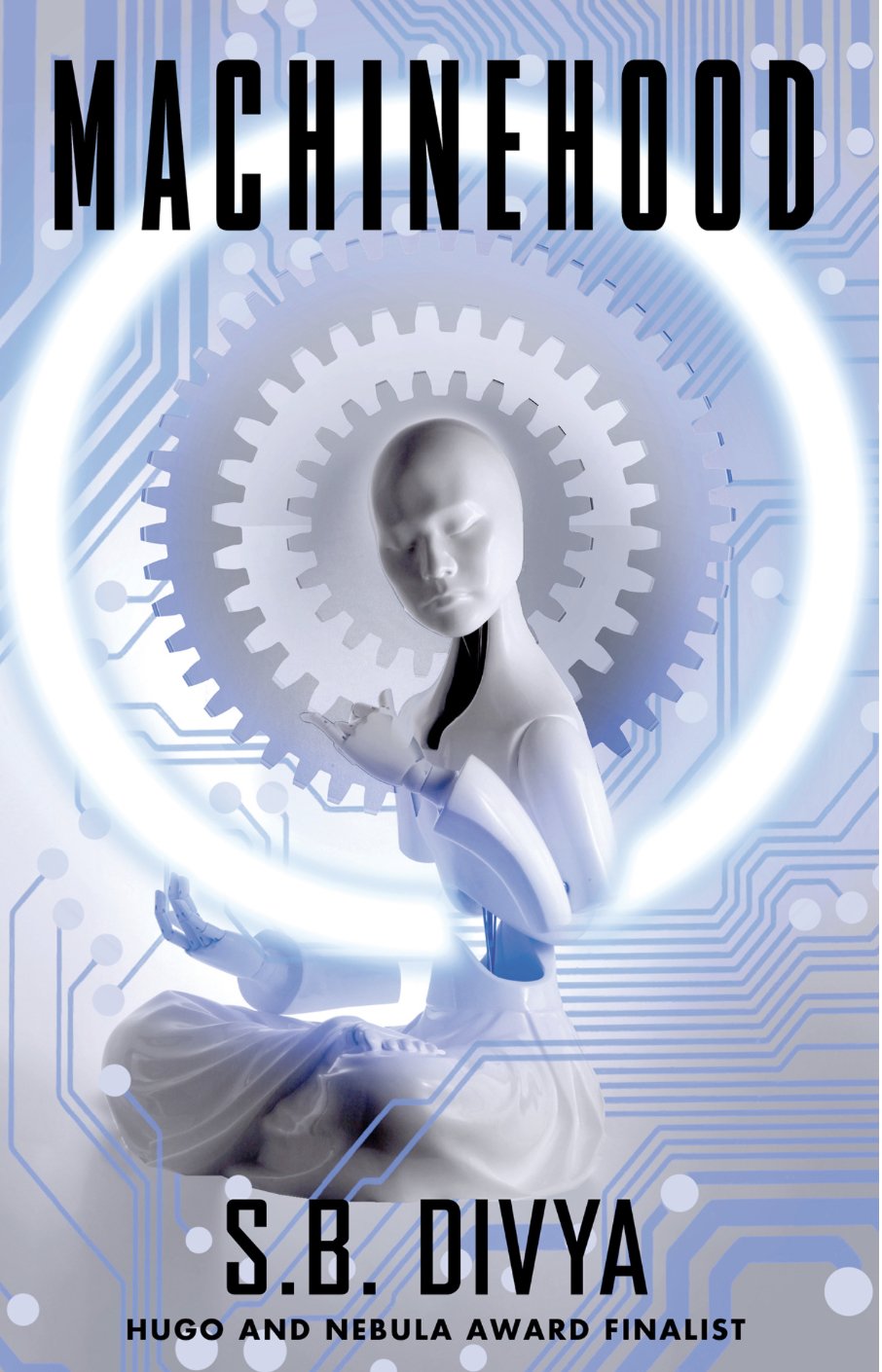
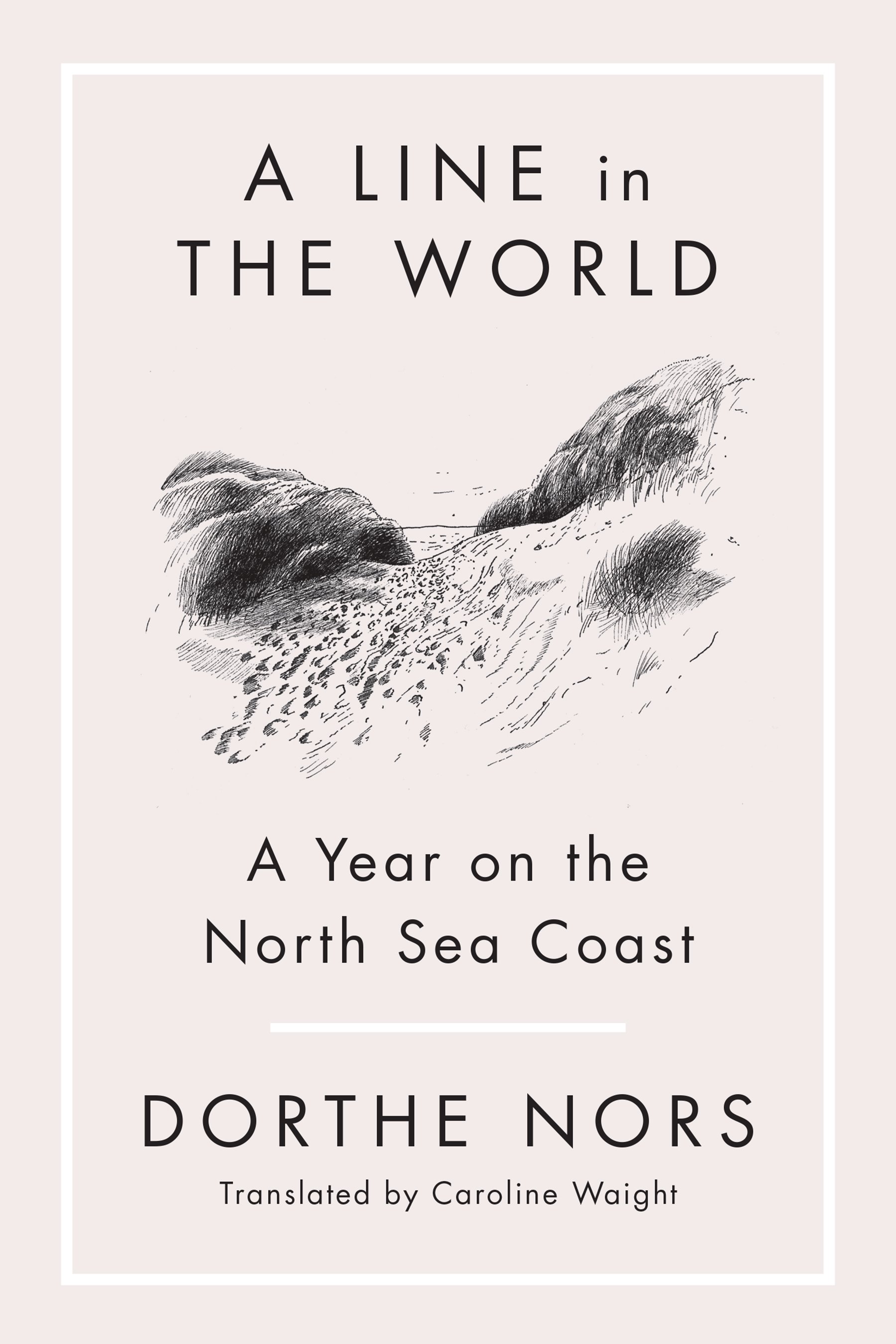
Personal Geographies
Place is at the heart of who we are. We hold it close. We mourn its loss. Time makes this a constant, because the place that made you keeps changing, long after you have left it. In a very literal way, maybe it never existed except in your fleeting experience of it.
Dorthe Nors writes of the grip we keep on a place, and how it both holds us and eludes us, in her book of essays on the North Sea coast in her native Denmark, A Line in the World.
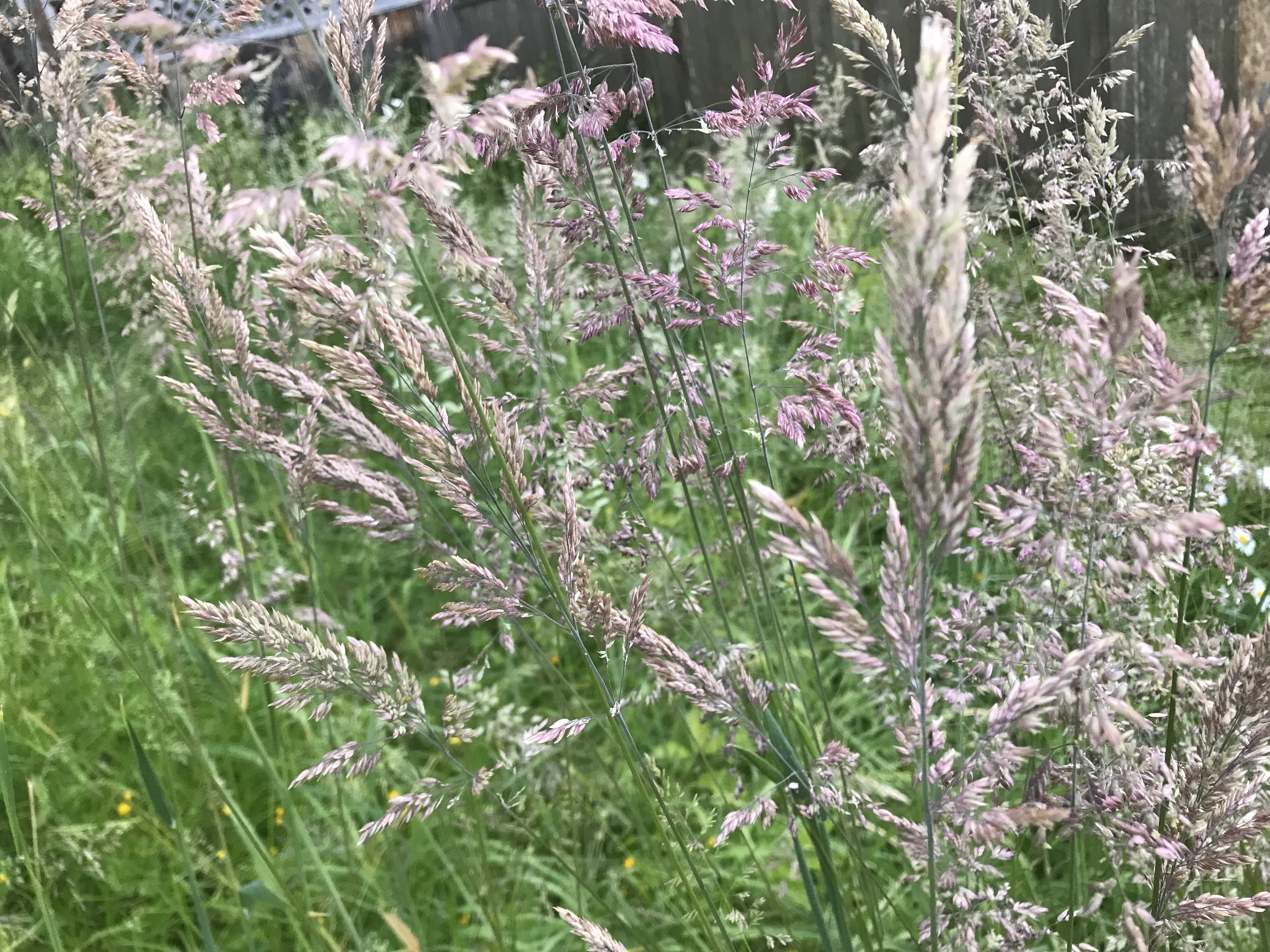
Youth vs. gov in 2023
Like fiction, the law is also created and upheld through narrative. Whose narratives of reality are in contest? Whose will prevail? Who’s making those judgments and why? The answers to these questions will determine the real-life futures of young people. That is why I’ve been so intrigued by the young plaintiffs taking governments to court wherever they can, using the laws that exist, all with a singular purpose—to force governments to take action to limit the damaging effects of fossil fuel emissions.

South Asian Footsteps in Berkeley, CA
Footsteps. We leave them behind us, and we’re often unaware who has walked before us on the ground we tread.
In Berkeley, California, Barnali Ghosh and Anirvan Chatterjee are long-time San Francisco Bay Area activists and community-based historians who run a walking tour to fill this gap in knowing. You can find more on their Berkeley South Asian Radical History Walking Tour on a recent episode of the Atlas Obscura podcast.
The tour is based on oral history and archival research as well as the organizers’ active engagement with historical research in the field. Walking today’s spaces with narration and reenactments allows participants to share these histories. The tours aim to inform, ground, and inspire new activism, in the tradition of movement historians like Howard Zinn and Ronald Takaki.

Process Talk: Cynthia Leitich Smith on Harvest House
Cynthia Leitich Smith (see my post on Sisters of the Neversea) returns to the loving embrace of family and community with her YA novel, Harvest House. I was delighted to see Hughie of Hearts Unbroken take center stage here. I asked Cyn if she’d talk to me about the community these books collectively build and how the writing of Harvest House played out for her.
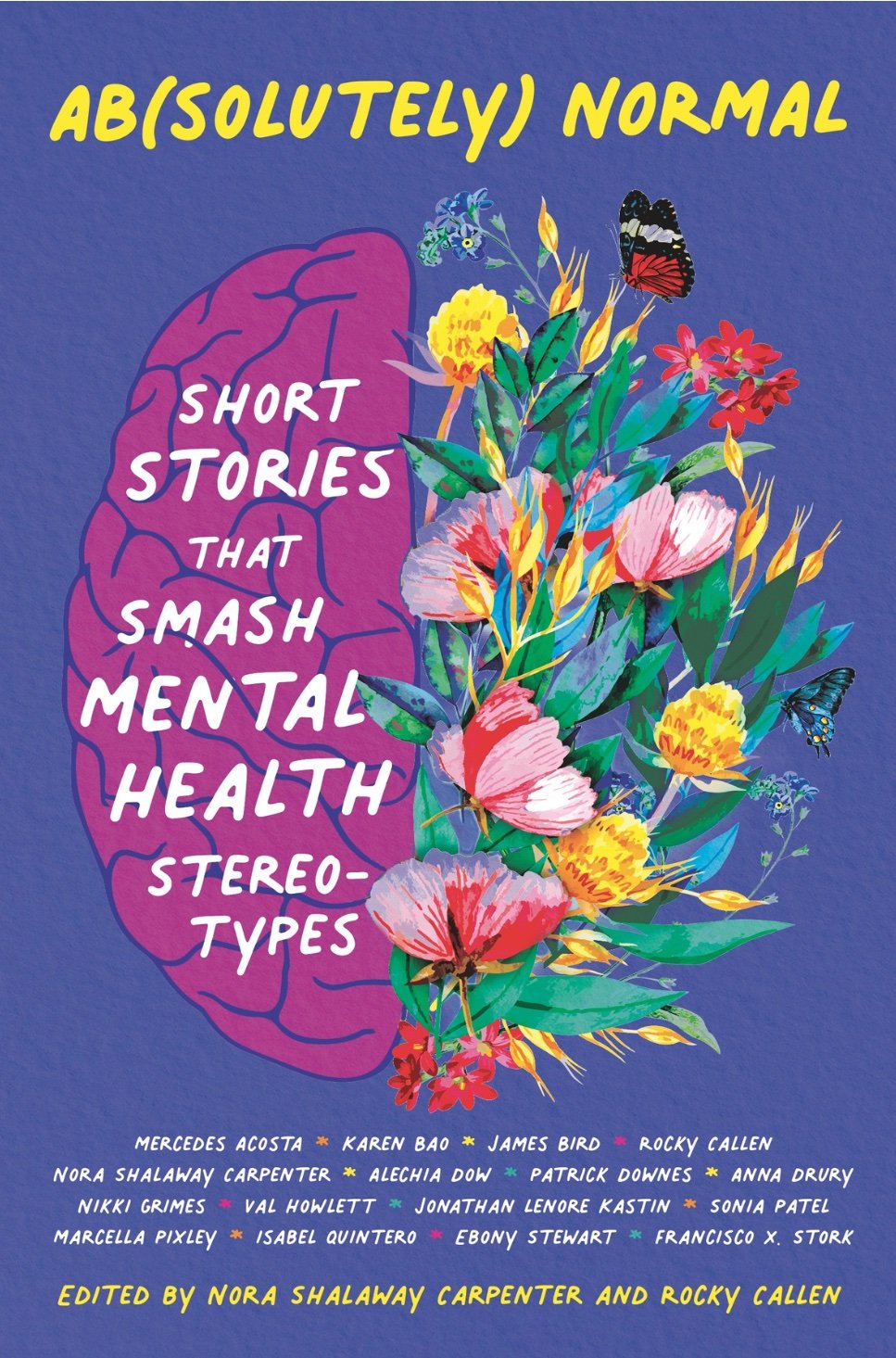
Process Talk: Nora Shalaway Carpenter & Rocky Callen on Ab(solutely) Normal
Revealing and hiding the self, finding who you are. accepting that self and all that comes along with it. Accepting others. Refusing to be denied. These are all human ways of being and yet for some of us life itself comes along with labels. Sometimes these can limit and wound; at other times, defining a problem can set a person free. Many ways, many voices, burst out of the stories in Ab(solutely) Normal: Short Stories That Smash Mental Health Stereotypes.
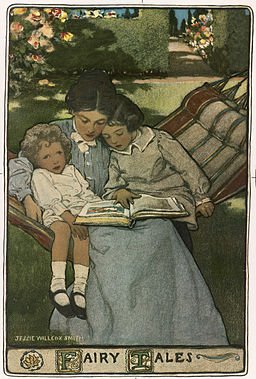

Looking the Tiger in the Eye
The Great Derangement: Climate Change and the Unthinkable was Amitav Ghosh’s first book of nonfiction after his marvellous travel memoir and quest to unpack history, In an Antique Land (1992).
The opening chapter contains this passage on the Sundarbans, that mangrove forest region where three rivers run into the Bay of Bengal:
The Sundarbans are nothing like the forests that usually figure in literature. The greenery is dense, tangled, and low; canopy is not above but around you, constantly clawing at your skin and your clothes. No breeze can enter the thickets of this forest; when the air stirs at all it is because of the buzzing of flies and other insects. Underfoot, instead of a carpet of softly decaying foliage, there is a bank of slippery, knee-deep mud, perforated by the sharp points that protrude from mangroves roots. Nor do any vistas present themselves except when you are on one of the hundreds of creeks and channels that wind through the landscape—and even then it is the water alone that opens itself; the forest withdraws behind its muddy ramparts, disclosing nothing.
That description transports me there, forces me to care when it would be so much easier to back away from the book’s big questions.

Growing into a Name
In The Boy Who Tried to Shrink His Name, Malayali-Australian writer Sandhya Parappukkaran endows her protagonist with the long, long name promised by the title. The name is “long like shoelaces that always come undone,” says the boy. “It trips me up every morning.”

In Search of Structure
For John McPhee, it started with a picnic table.
Me, I’ve been staring at a 2 ft. x 3 ft. piece of cardboard, hoping to find a way to pin down the structure of the nonfiction book I'm working on. I have a thesis that emerged from my proposal for the book and was more or less confirmed by the draft. I have a synopsis I put together when I was halfway through, revising it along way. Those will go onto that cardboard. They'll help me stay on track so the draft manuscript deliver in a few months won't be a red hot mess.
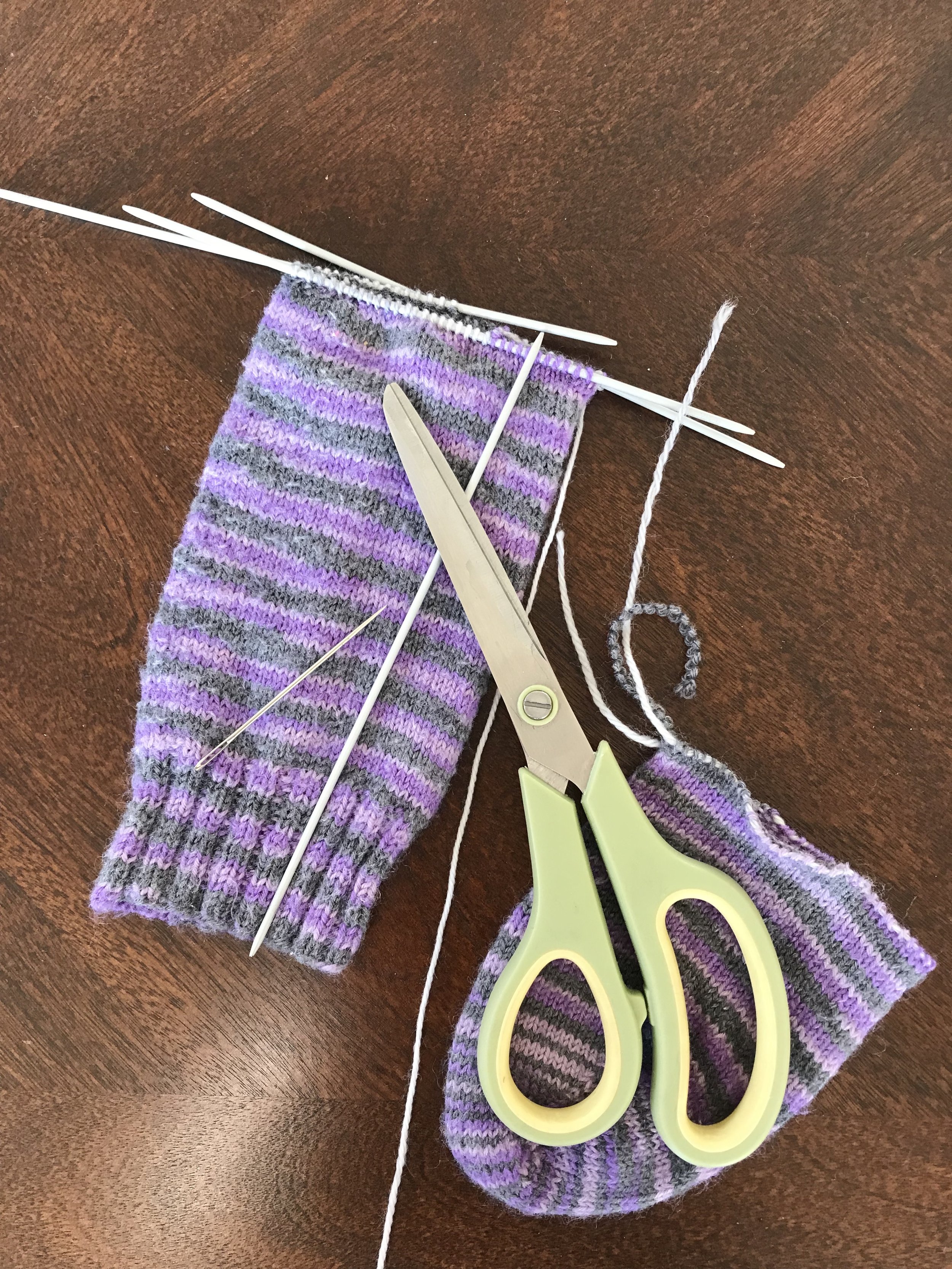

“Words are the Only Victors”
“Words are the only victors,” writes Pampa Kampana, at the end of Salman Rushdie’s new novel, Victory City. It’s his twenty-first book and it is, among many other things, a celebration of words.

Remembering Father Brown
In the 1960s, when I used to go visit my grandparents, first in Bombay, then briefly in Madras, and finally, before my grandfather died, in Bangalore, I’d look forward to long, uninterrupted hours of reading. My Thatha had collections of P. G. Wodehouse (first editions they were, some of them—I could kick myself for not being bold enough to ask for a few when I had the chance. I’m sure he would have given them to me and I have no idea what happened to them. He had endless volumes of Agatha Christie and the entire Sherlock Holmes Long and Short Stories by Sir Arthur Conan Doyle.
He had another set of books by G. K. Chesterton, with a “dull” and “very short” Catholic priest from Essex as the unlikely PI character in a series of mysteries no one else could crack.

Prose and Possibility in The Last White Man by Mohsin Hamid
In the manner of Gregor Samsa in Kafka’s Metamorphosis, Anders, the protagonist of Mohsin Hamid’s novella, The Last White Man, wakes up to find himself transformed. He’s not a bug, however. As you might expect from the title, Anders has turned brown. We’re never quite sure why—there is some speculation that there was something in the water—but brown he is, “a deep and undeniable brown.” Soon others begin turning brown as well.
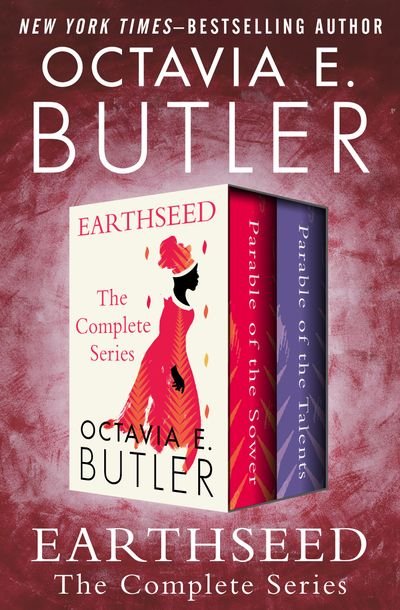
Rereading Earthseed in a Time of Planetary Change
Whatever I happen to be working on, I usually find myself needing an antidote in my reading, something that works against the grain of the writing.
Being in the depths of nonfiction at the moment, I needed to read fiction. But I wanted to read fiction that was capable of speaking to reality in the way that Richard Power’s Overstory did for me.
That is why I find myself rereading Octavia Butler’s iconic Earthseed novels, Parable of the Sower and Parable of the Talents.

How Else Can We Think About Migration?
In her book, Resident Foreigners: A Philosophy of Migration, Italian professor Donatella Di Cesare questions the idea of the exclusionary state. She asks, is migration not a fundamental human right? Are we not all temporary guests—tenants, in fact—on this only earth of ours? What purpose, then—whose purpose—do borders serve?
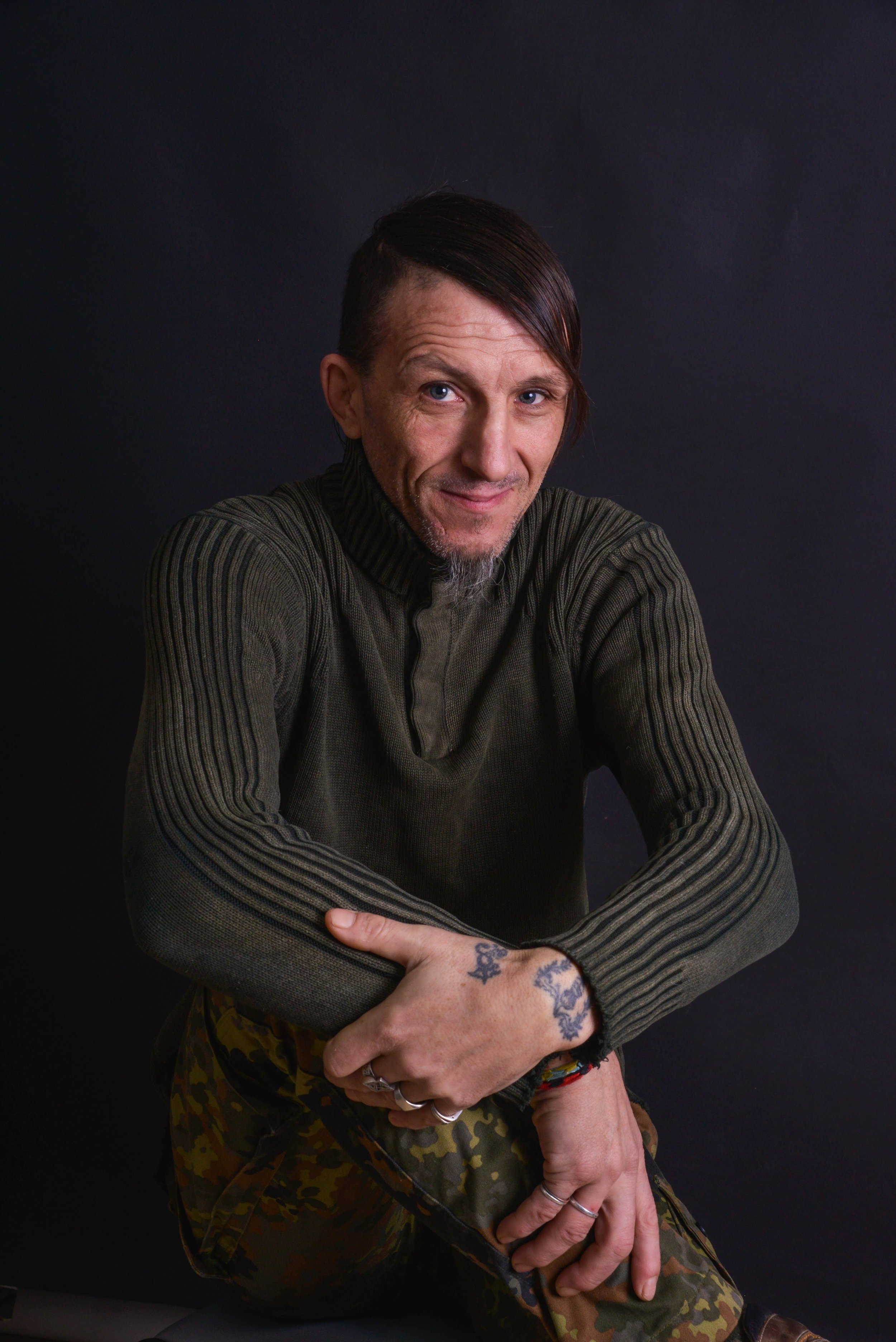
The Death of Volodymyr Vakulenko Should Hit Very Close to Home
Volodymyr Vakulenko was one of us. He was a children’s writer. He posted to Wikipedia. He kept a journal during the Russian occupation of Kharkiv. He buried it under a cherry tree when it seemed as if they were coming for him.

Who Will Speak for Trees? The Overstory by Richard Powers
Why begin a new year with thoughts of the end of the world as we know it? Because human voices have spoken enough untruths, it seems right to hand at least some of our narrative over to those we have always assumed to be silent.
Trees speak in this novel, which seems fitting, since in the real world we refuse to give them voices.
